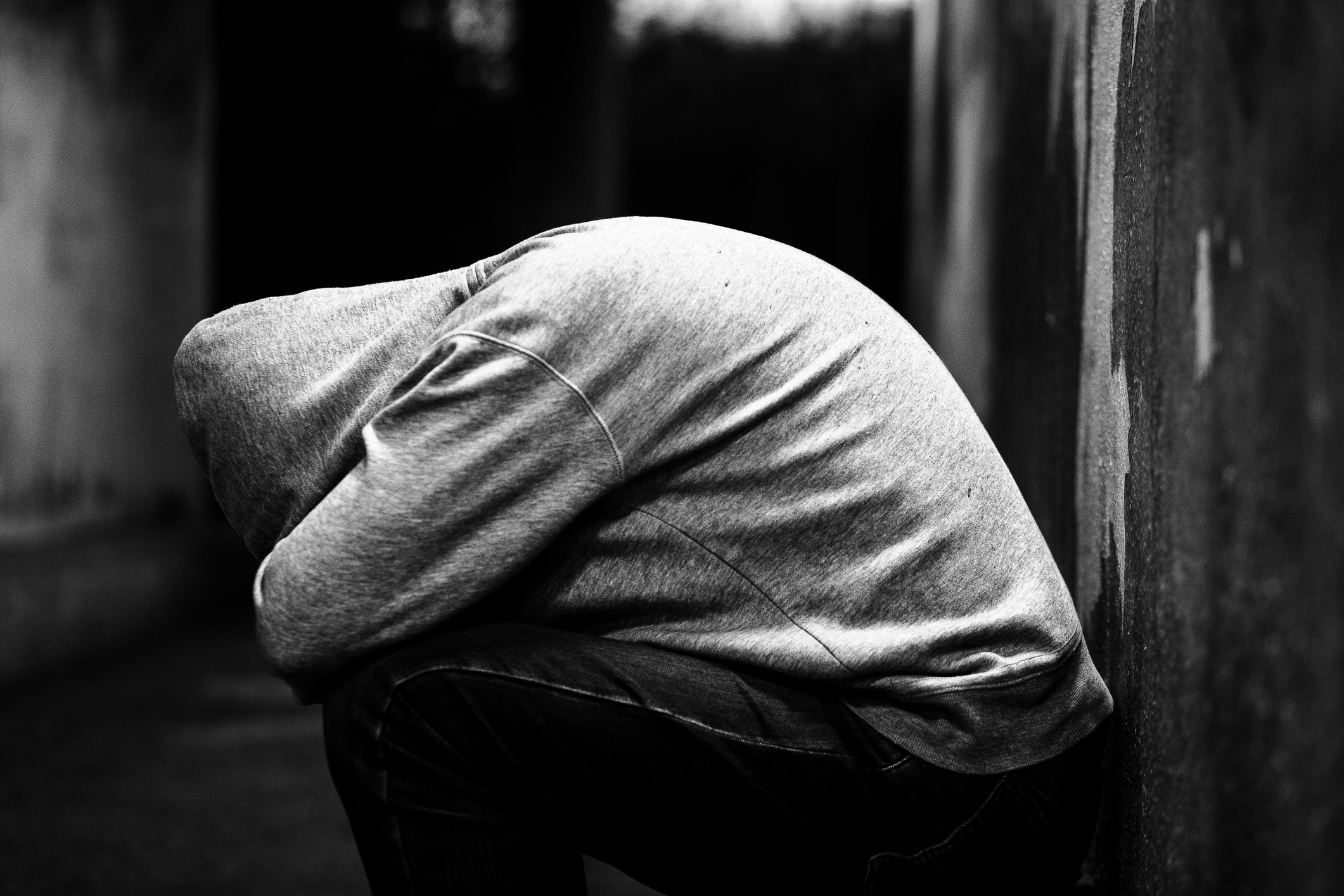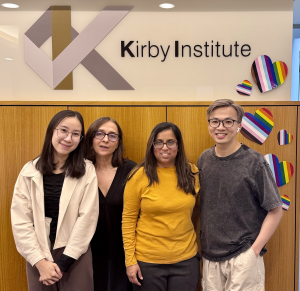A new study conducted in Los Angeles and Denver by Dr. Thinh Toan Vu from the Center for Innovation in Mental Health at CUNY SPH has uncovered a significant disparity in access to psychiatric medication treatment for people who inject drugs (PWID) who also have diagnosed mental health disorders.
Analyzing baseline data from a cohort of 429 PWID collected between April 2021 and November 2022, the study found that while two-thirds (66.9%) reported a history of mental health disorders, only 22.6% were currently taking prescribed psychiatric medications. The most common conditions treated were depression (11.5%) and anxiety (10.5%). Alarmingly, 86.8% of participants were unhoused or unstably housed in the past three months.
Several factors influenced whether individuals received psychiatric medication. Older participants, those using non-medical prescription opioids, and those with a recent overdose history were more likely to receive treatment. However, being unhoused or unstably housed was associated with a 49% lower likelihood of treatment, and high subsistence difficulty—such as trouble obtaining food, clothing, or hygiene supplies—was linked to a 59% lower chance of receiving care.
“These results highlight how urgent it is to address basic survival needs in tandem with mental health and addiction services,” says Dr. Vu. “Our findings starkly illustrate that the individuals facing the greatest hardships are often the least likely to receive the psychiatric treatment they desperately need.”
The study strongly advocates for a fundamental shift in the delivery of mental health services to PWID. It calls for a holistic approach that seamlessly integrates mental health treatment with harm reduction strategies and the provision of essential social support services. By directly addressing the fundamental barriers posed by houselessness and subsistence difficulty, healthcare providers and policymakers can work towards significantly improving mental health outcomes and overall well-being for this highly marginalized population.




